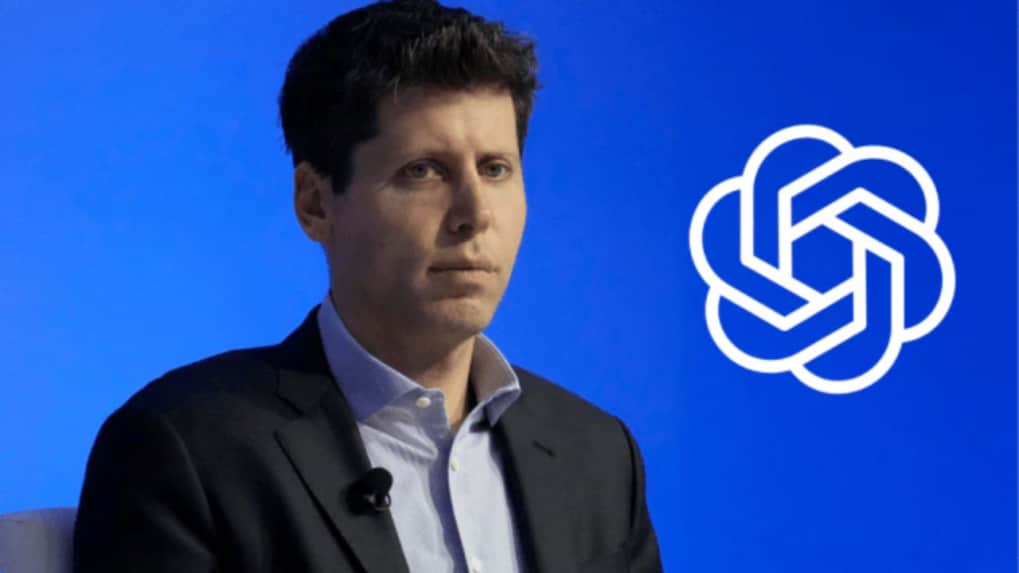Advertising
From Pink Slips to Silent Sidelining: Inside adland’s layoff and anxiety crisis

OpenAI, the developer of ChatGPT, is in preliminary discussions with several Indian data centre companies and Reliance Industries as it considers bringing its $500 billion global supercomputing project, Stargate, to India, according to a report by The Economic Times.
People familiar with the matter said OpenAI has initiated conversations with Sify Technologies, Yotta Data Services, E2E Networks and CtrlS Datacenters. The talks have covered key considerations such as installed capacities, geographical spread, and power availability. In parallel, OpenAI has been in discussions with Reliance Industries for over six months. Reliance, led by Mukesh Ambani, is building what is expected to be the world’s largest data centre in Jamnagar, Gujarat.
The push to bring Stargate to India follows a request from the Indian government, which has urged OpenAI to invest a portion of the $500 billion project locally and ensure that Indian data is stored within the country. “The government has told OpenAI that they should invest at least a few billions out of the $500 billion project in India,” an official source told ET.
OpenAI, Reliance Industries and the data centre operators have not commented publicly on the talks.
Announced in January, Stargate is a joint venture project designed to build cutting-edge AI infrastructure over four years, with $500 billion in planned investment in the United States. The initial equity funders include SoftBank, OpenAI, Oracle and MGX, with SoftBank’s Masayoshi Son serving as chairman. Arm, Microsoft, Nvidia, Oracle and OpenAI are among the founding technology partners.
If the India plan materialises, it would mark a significant step in OpenAI’s global expansion and position India as a key hub in the next phase of supercomputing infrastructure.
From purpose-driven work and narrative-rich brand films to AI-enabled ideas and creator-led collaborations, the awards reflect the full spectrum of modern creativity.
Read MoreLooking ahead to the close of 2025 and into 2026, Sorrell sees technology platforms as the clear winners. He described them as “nation states in their own right”, with market capitalisations that exceed the GDPs of many countries.